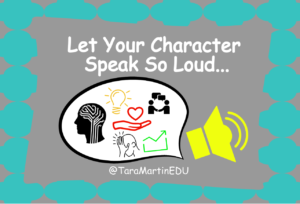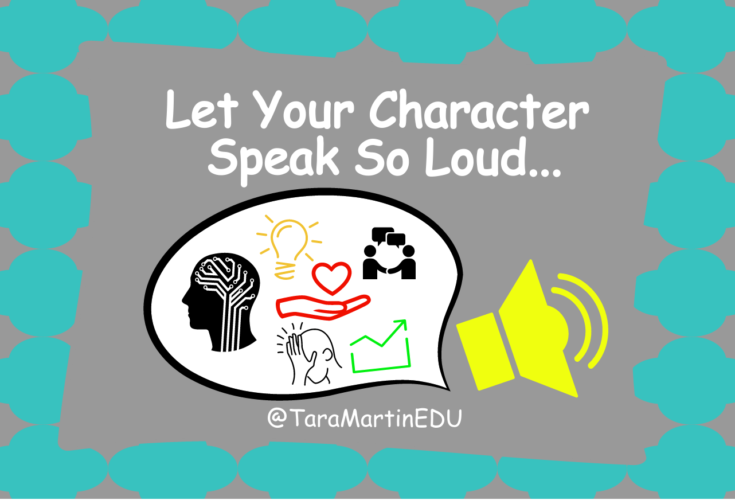- the mental and moral qualities distinctive to an individual.
- the quality of being individual, typically in an interesting or unusual way.
- strength and originality in a person’s nature.
- a person’s good reputation.
Maya Angelou said,
“When people show you who they are, believe them.”
Have you ever met an individual and there is a natural synergy present, and the two of you instantly begin bonding? At that point, communication and building the foundation of a relationship begins smoothly, right? However, there are other times I meet someone, and the connection isn’t there automatically. In this instance, it takes a little work to find common interests and begin building a relationship. In either situation, upon first meeting, a significant amount of the communication is non-verbal. It’s the body language. The eye-contact or lack thereof, sharp hand movements or casual gestures, sitting or standing beside someone or across from them, and the facial expressions that match the mood of the dialogue, etc. We tend to first see the outer non-verbal characteristics about an individual, and later, as the connection strengthens, the person’s true character begins to surface.
 What is “good” character? In my opinion, “good” character isn’t about getting everything right or never making mistakes. In fact, to me, it’s when one shares an overcoming story that seems to deepen their authenticity. Likewise, “good” character doesn’t come in some sort of cookie-cutter recipe. The definition above uses the words, “unusual, originality and distinctive.” Therefore, when one acknowledges their flaws, takes risks, falls down, gets back up and shares the process of living and learning–that is R.E.A.L. CHARACTER.
What is “good” character? In my opinion, “good” character isn’t about getting everything right or never making mistakes. In fact, to me, it’s when one shares an overcoming story that seems to deepen their authenticity. Likewise, “good” character doesn’t come in some sort of cookie-cutter recipe. The definition above uses the words, “unusual, originality and distinctive.” Therefore, when one acknowledges their flaws, takes risks, falls down, gets back up and shares the process of living and learning–that is R.E.A.L. CHARACTER.
By R.E.A.L., I’m referring to those I typically connect with–relatable, expose a little vulnerability, approachable and share lessons learned. This type of person is great at giving and taking, encouraging yet shooting-it-straight, showing empathy and compassion, all while challenging and pressing me to reach new heights.
As we well know, this process, be it among colleagues, students, friends or family takes a lot of quality time to reach a level of trust. However, once a healthy relationship has been formed, if someone were to say something ill of our friend or colleague, it’s easy to respond with a statement such as, “I’m going to choose not to believe that. I KNOW that individual. I think I’ll talk to them and see if we can’t better decipher the possible misunderstanding.” Actions speak louder than words, right? “Gossip dies when it falls on wise ears.” There are so many quotes that support our obligation to prevent rumors and miscommunication, but we must be bold and consider one’s character.
When our character goes before us, we don’t have to worry what others say.
Let your character speak so loud no other voice can be heard.


